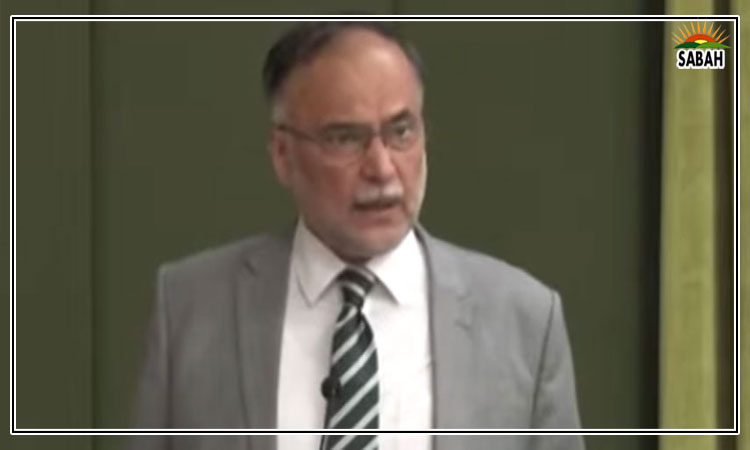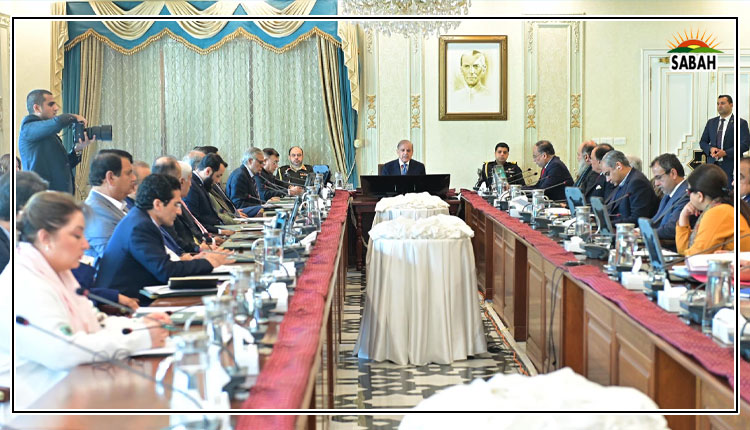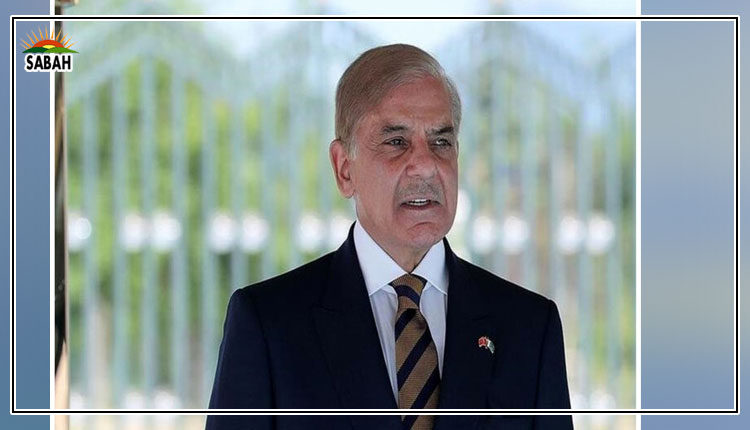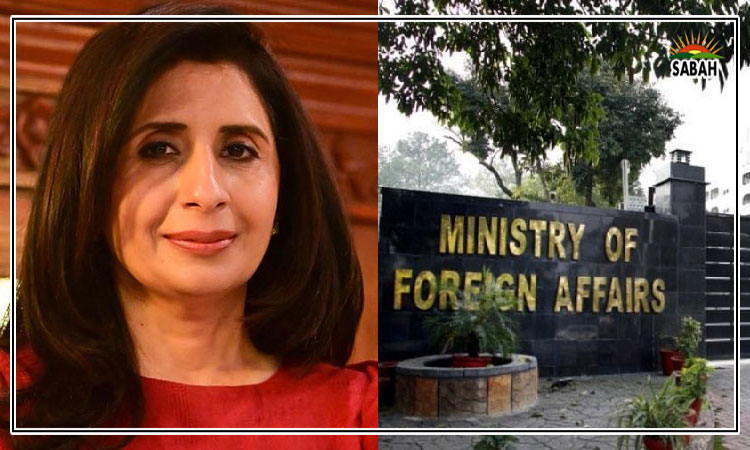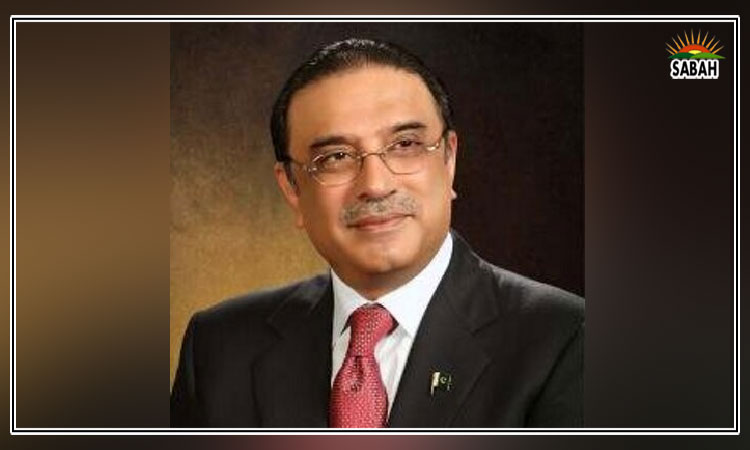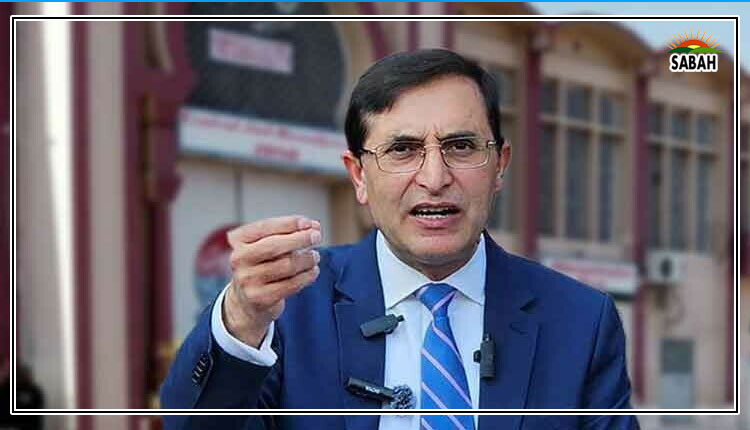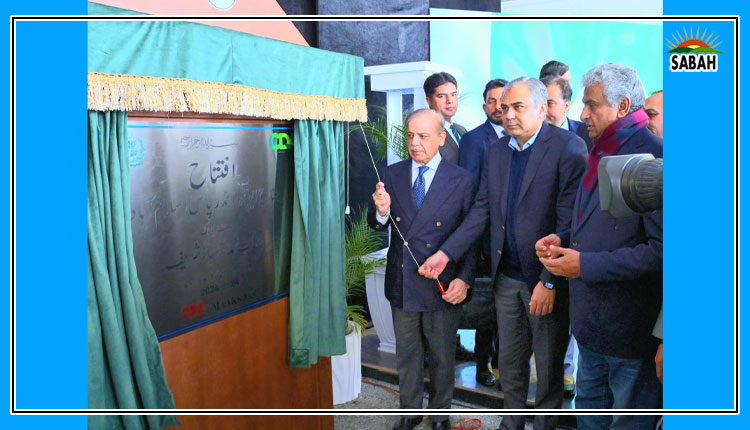Education – a recap and what to expect…..Dr Ayesha Razzaque
This is a year-end review of the most important events in the education sector in 2022 and a forecast of how some of those issues will continue to play out in the year ahead.
The biggest thing to happen to school education in 2022 was the continuation of the rollout of the PTIs Single National Curriculum (SNC), notwithstanding the vote-of-no-confidence and the change in leadership at the center. The SNC project is, of course, the PTIs poorly thought-through populist attempt promising the erasure of social class differences and leveling access to opportunities for all. Needless to say, none of that came to pass.
Instead, the SNC became an exercise in reinforcing the most regressive elements in public school textbooks which garnered near universal criticism from qualified education experts. Several politicians from political parties making up the PDM stood against the SNC when in opposition. One would have hoped that after the vote-of-no-confidence in the National Assembly they would have put a stop to this project. Instead, political appointees of the PTI driving the project were kept in place by the PDM. The name of the SNC was slightly tweaked and continued as a reformed initiative. So much for the PDMs seriousness and depth of concern to the PTIs education agenda.
A key fear of expert commentators early on was that the SNC would chill the climate in (public) schools by opening them to heightened influence from conservatives while madrassahs remain mostly exempt from the SNC. About a year ago, the Punjab government announced the training and hiring of 70,000 Arabic teachers. Earlier this month the Punjab chief minister announced the hiring of another 100,000 religious scholars” in public schools. All this while Punjab public schools are suffering from a chronic shortage of mathematics and science teachers. On that account, all that could be elicited was an announcement that Punjab would hire another 25,000 schoolteachers. Where the money will come from to sustain all these additions is a question no one is asking.
In 2022, the SNC episode taught us that, once set in motion, it is very difficult to stop or roll back initiatives even bad ones and especially ideological ones that promise to change the status quo.
In Punjab, in particular, the SNC has become the battle cry under which schools are slowly being turned into madrassahs. Even under the best of circumstances, the SNC adds to the volume of elements of the school curriculum that is part of the states long-running ideological indoctrination project, taking away time and resources from delivering literacy and science education. In the meantime, by age 10, four out of five children in Pakistan cannot read.
I am reminded of a quote that is rightly or wrongly attributed to Winston Churchill: You can depend upon the Americans to do the right thing. But only after they have exhausted every other possibility. Americans may do the right thing eventually but, as I see the tide of terror attacks by fundamentalists of various stripes rise again, I cannot help but think that the only times we as a country have done something right is by accident. Remember the names of everyone pushing for, vigorously implementing, or not stopping the SNC project when they could have.
In Sindh, the Intermediate Board Karachi announced results of higher secondary school exams and, according to a news report, in 38 colleges (25 public and 13 private) not a single student in pre-engineering, pre-medical or general science groups could pass. The quality of education in Sindh may have reached its nadir. Irrespective of whether it is learning poverty in the wake of extended Covid school closures left unaddressed or any other reason that is to blame, no one is interested in permanent solutions. Next year, be prepared to see the fallout from the destruction of schools and disruption to education caused by the 2022 floods up and down the country.
For a long time, political parties did not bother with election manifestos, not to speak of separate education plans. To its credit, in that respect the PTI set itself apart from the competition in the 2013 and 2018 elections by dedicating a separate document to education. Meanwhile, other parties would only dedicate a section of boilerplate text to education. For better or for worse, the PTI has demonstrated its willingness to follow through on some of its education sector plans. In 2023, voters ought to look out and pay attention to at least the PTIs education plan in its manifesto.
In higher education, 2022 saw the reinstatement of the HEC chairman who was so ham-handedly ousted during the PTIs tenure. That was part of a wider project that sought to significantly curb the Higher Education Commissions (HEC) autonomy and bring it under the control of the Ministry of Federal Education and Professional Training (MoFEPT). After two failed attempts to amend the HEC Ordinance to this end, a third amendment is currently in the works that is expected to work itself through the system in 2023.
A number of universities flirted with insolvency and continue to struggle to meet their salary and pension obligations. The higher education budget has not kept up with inflation. Given the state of the domestic economy, it seems unlikely that public universities will see a significant enhancement in their budgets in the coming year. To cover their costs in coming years, vice-chancellors (VCs) will have to develop business plans and create additional revenue streams (but they probably wont).
In the meantime, politicians continue to hand out university charters like candies. The government of Punjab recently awarded charters to more than a dozen private universities. To render the Punjab Higher Education Commissions (PHEC) opposition in all such matters toothless, the PML-Q (through a private member bill and the Higher Education Department in Punjab) is amending the PHEC act of 2014. If approved, these amendments will render the regulator powerless, much like what is being attempted with the federal HEC.
A round up of this years events in education could not be complete without mentioning the Capital Development Authoritys land grab of Quaid-e-Azam University (QAU) land for a road that would bifurcate the campus. QAU and several other universities are being kept dysfunctional by certain quarters in politics and the bureaucracy that are holding up appointments of VCs. Why can these appointments never be decided and notified in a timely manner? In Lahore, the VC of a university has made it his personal agenda to throw the weight of resources at his disposal to support the PTI. We are witnessing the gradual breakdown in internal and external governance of universities.
Earlier this week, the minister for finance and health in Khyber Pakhtunkhwa announced a shift away from the defined benefits to a defined contribution pension system. The issue of unfunded public-sector pensions is a much larger issue of course that transcends provinces, departments, and ministries but universities have been among the first to feel the effects of that shortfall. Expect to see a lot more pushback in KP and debate on this issue nationwide.
This year also saw data of beneficiaries of the Kamyab Jawan programme started under the PTI. The programme has been continued under the PDM government. In spring, the programmes enrollment data, maintained by the National Vocational and Technical Training Commission revealed some jarring statistics. The training programmes offered under the Kamyab Jawan programme are vocational in nature and target high-school graduates. Nevertheless, applicants included 74 PhD graduates, 29,225 MA/MS graduates and 76,899 BS graduates. These 106,198 university graduates accounted for 28 per cent of all applications. This number is an indictment symbolic of the worth of Pakistani higher education. The list of university names these applicants graduated from serves as a reverse ranking of universities, as determined by the labour market.
In summation, in the coming year, expect to see the continued stealthy rollout of a regressive state mandated school curriculum by people whose children will never have to suffer its full consequences. Expect to see continued efforts to strip the HEC of its autonomy and provincial representation through yet another amendment to the HEC Ordinance. Expect universities to continue to struggle to cover their current expenditures. Expect no new major developments. Expect a lot of noise around the changing nature of pension benefits. Expect no dramatic improvements in the youth unemployment rate of 31 per cent. Expect the 62 per cent of youth that want to leave the country at the first opportunity to grow even larger. Expect efforts and reforms in the education sector to remain ad hoc, fragmented, and uncoordinated.
Although people will frequently blame the lack of education and literacy as the root cause of all social ills, do not expect any appetite among voters to make it their priority election issue in the voting booth. Expect everyone voters, bureaucracy, politicians, and power brokers to remain too busy with the daily political soap opera and power struggle to pay attention to education. Expect a continuation of the slow, unmanaged but steady decline. A happy new year to you, too!
The writer (she/her) has a PhD in Education.
Courtesy The News



